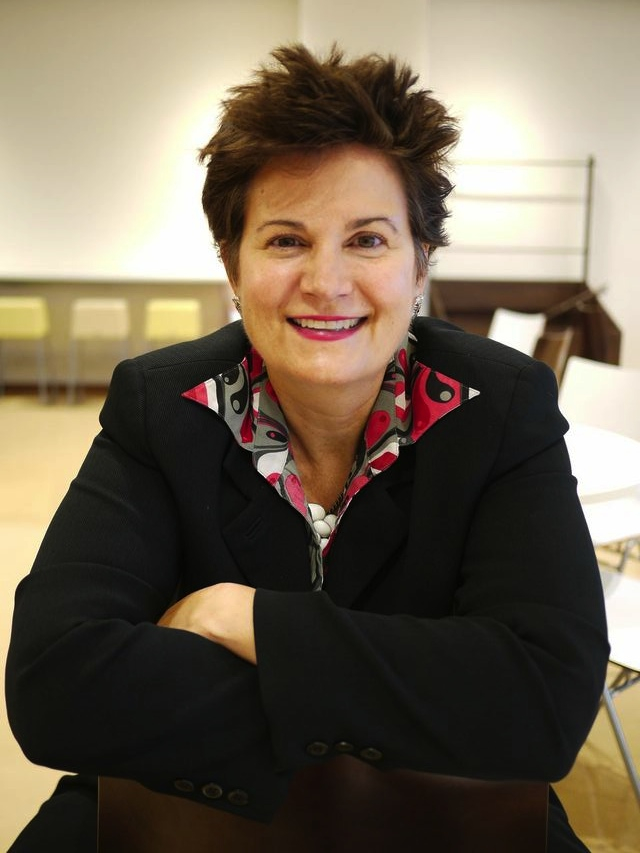Bio
Nancy Snow is an international specialist in public diplomacy and propaganda studies. She is Pax Mundi Professor of Public Diplomacy at Kyoto University of Foreign Studies. Snow co-edited a seminal textbook, the Routledge Handbook of Public Diplomacy, with leading propaganda scholar Philip M. Taylor. A tenth-anniversary second edition will be published with co-editor Nick Cull at USC in 2019. Snow is Professor Emeritus of Communications at California State University, Fullerton where she taught American media history and philosophy, persuasive communications, persuasive writing and speaking, and global communications. Snow has held several adjunct professor positions, including at the University of Southern California Annenberg School for Communication and Journalism where she was the principal faculty involved in the establishment of the Center on Public Diplomacy. She also has taught graduate-level public diplomacy and marketing foreign policy as a senior adjunct faculty affiliated with the Interdisciplinary (IDC) Center Lauder School of Government, Diplomacy, and Strategy in Herzliya, Israel. She is the author/editor/co-editor of eleven books, including the Routledge Handbook of Critical Public Relations, Propaganda and American Democracy, Persuader-in-Chief, Citizen Arianna, Information War, and Propaganda, Inc., the latter two published in multiple languages. Snow is a former Presidential Management Fellow (PMF) in the Clinton administration where she served at both the United States Information Agency and US Department of State. Snow held a two-year visiting professor appointment at Syracuse University’s Newhouse and Maxwell Schools where she worked with public relations faculty to expand a dual degree master degree in public diplomacy. Her recent focus has included teaching and consulting in public diplomacy studies through visiting professor appointments at Tsinghua University’s School of Journalism and Communication in Beijing, China, and the Institute of American and Canadian Studies at Sophia University in Tokyo. Snow is a two-time recipient of a Fulbright Award (Germany, Japan) and a US Speaker and Specialist in Public Diplomacy for the US Department of State and US Embassy in Tokyo.

